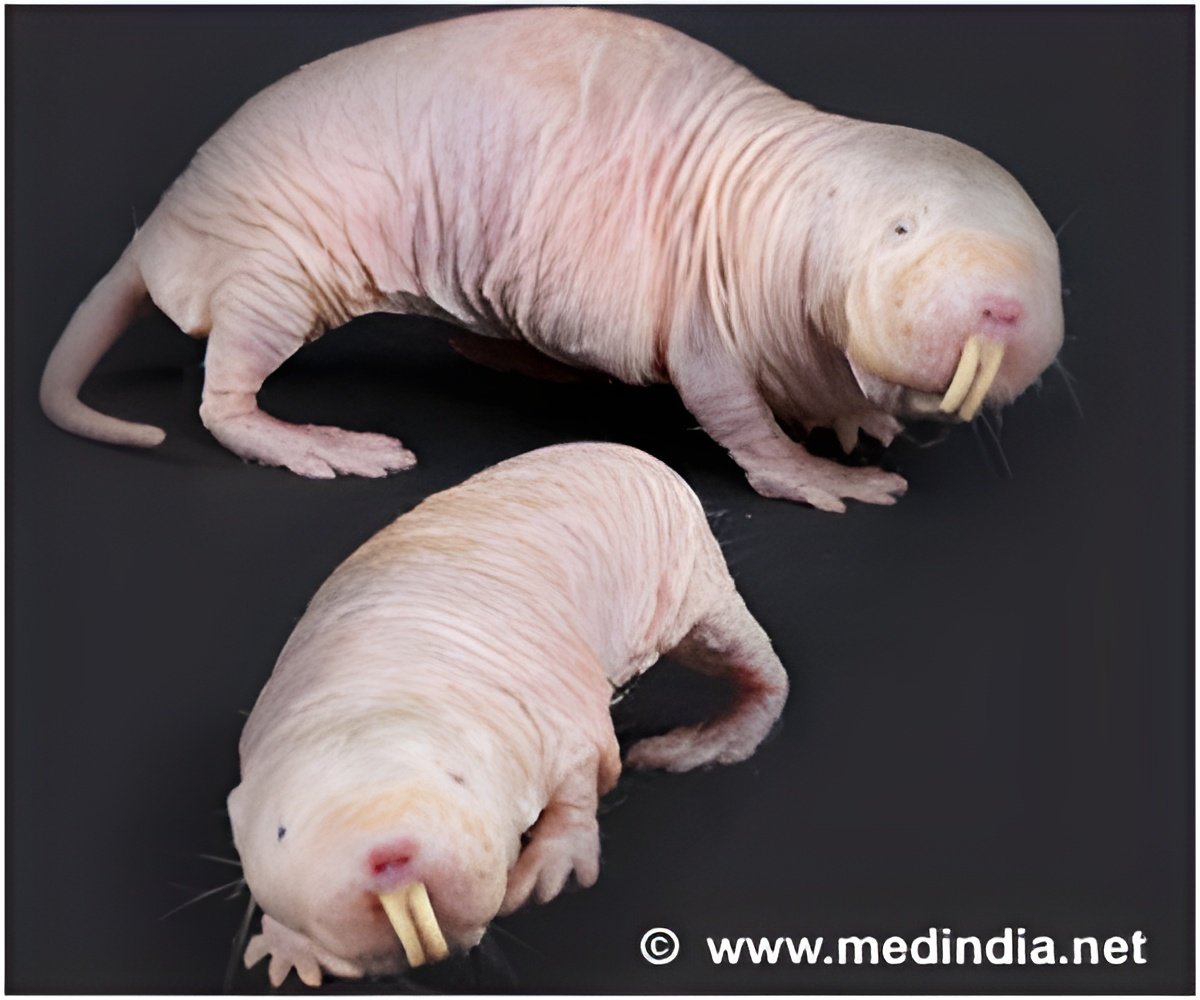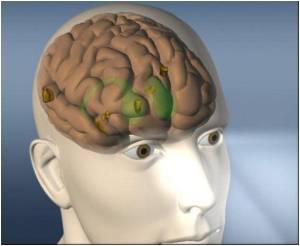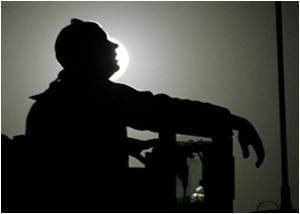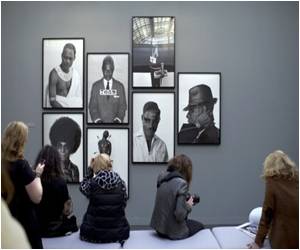When rats were challenged with a series of perceptual decision problems, their performance was just as good when they decided rapidly as when they took a much longer time to respond.
A study reports that when rats were challenged with a series of perceptual decision problems, their performance was just as good when they decided rapidly as when they took a much longer time to respond. The study was led by Zachary Mainen, Director of the Champalimaud Neuroscience Programme, and published today (March 28th) in the scientific journal,
Neuron. Despite being encouraged to slow down and try harder, the subjects of this study achieved their maximum performance in less than 300 milliseconds.
'There are many kinds of decisions, and for some, having more time appears to be of no help. In these cases, you'd better go with your intuition, and that's what our subjects did', explains Zachary Mainen, the neuroscientist who led this study, while an Associate Professor at CSHL, in the USA.
This study suggests that rats can be used as an animal model to investigate what is happening in the human brain when 'intuitive' decisions are being made. 'Decision-making is not a well-understood process, but it appears to be surprisingly similar among species. This study provides a basis to begin to take apart one type of decision and see how it really works', the author adds.
More research in this area is now being conducted at the Champalimaud Centre for the Unknown, in Lisbon
Source-Eurekalert










